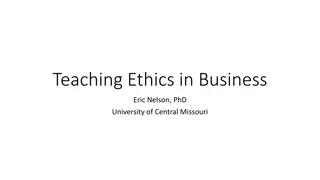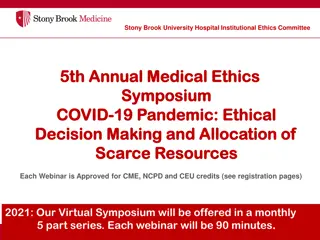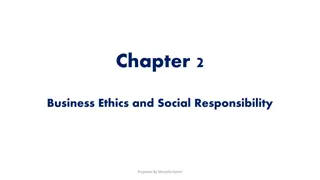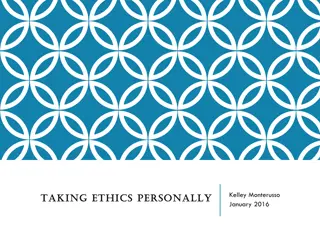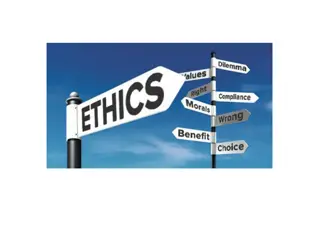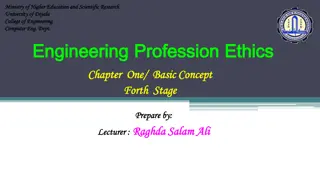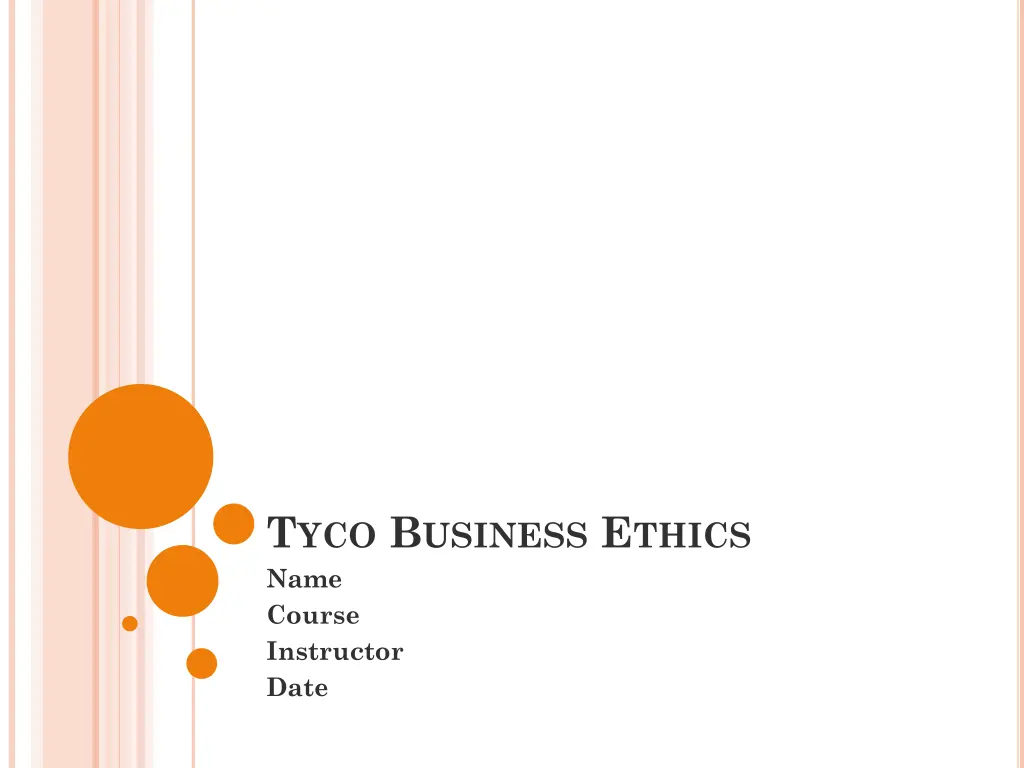
Uncovering Ethical Violations at Tyco: A Case Study
Discover the ethical misconduct within Tyco under the leadership of Dennis Kozlowski, including misuse of corporate funds, lack of ethical standards, and impact on stakeholders. Learn how the absence of proper controls and conflicts of interest led to financial losses and a decline in investor confidence.
Download Presentation

Please find below an Image/Link to download the presentation.
The content on the website is provided AS IS for your information and personal use only. It may not be sold, licensed, or shared on other websites without obtaining consent from the author. If you encounter any issues during the download, it is possible that the publisher has removed the file from their server.
You are allowed to download the files provided on this website for personal or commercial use, subject to the condition that they are used lawfully. All files are the property of their respective owners.
The content on the website is provided AS IS for your information and personal use only. It may not be sold, licensed, or shared on other websites without obtaining consent from the author.
E N D
Presentation Transcript
TYCO BUSINESS ETHICS Name Course Instructor Date
INTRODUCTION Dennis Kozlowski joined Tyco in 1975 (Biography) 1989: President and COO 1992: CEO Kozlowski pursued an aggressive expansion strategy (Biography) Became known as Deal-a-month Dennis (Kay, 2002) Tyco s revenues grew by 48.7% annually between 1997 and 2001 Kozlowski s compensation followed the same path 1997: $8.8 million 1998: $67 million 1999: $170 million
MILLIONS ARE NOT ENOUGH! Kozlowski treated Tyco as a personal property (Collins, 2006) Used corporate money to furnish homes Implemented 5 years interest-free relocation loan program for 6 executives including himself without board approval Abused loan program (KELP) meant for paying taxes on stock options exercise to meet personal expenditures Charged private apartment rent in NYC to Tyco Kozlowski s ethical violations often criminal (Collins, 2006) Didn t report forgiven loans on tax returns Didn t report personal dealings with board members Committed tax frauds on art purchases
ETHICAL STANDARDS AT TYCO Ethical standards almost nonexistent at Tyco Kozlowski promoted a culture of loyalty and secrecy Gave generous financial rewards to buy silence Weak internal controls (Ferrell, Fraedrich, & Ferrell, 2009) Board members usually unaware of new policies Poor record-keeping system Poor monitoring and control system Conflicts of interest ignored
SOCIAL RESPONSIBILITY RESPONSE Actual Kozlowski acquired companies not for economic but egoistic reasons Engaged in creative accounting Reverse-Merger with Bermuda-based ADT to avoid U.S. taxes (Collins, 2006) Used corporate funds to make personal donation to Seton Hall (Flanagan, May 1, 2003) Appropriate Acquisitions should have been made if they added value Kozlowski often paid huge premiums for acquisitions (Flanagan, May 1, 2003) Tyco should have paid U.S. taxes on ADT Tyco s real headquarter continued to be U.S. Tyco should have underwritten acquisition losses instead of converting them to goodwill (Kay, 2002)
IMPACT ON STAKEHOLDERS Tyco s stock price in early 2002: $59/share (Collins, 2006) Dropped 25 percent in merely three weeks, wiping $30 billion of company value Stock portfolio decline company employees with Tyco stock (Ferrell, Fraedrich, & Ferrell, 2009) Investors lost confidence in SEC and the financial markets
OUTCOME Kozlowski found guilty on 22 of 23 charges (Collins, 2006) Sentenced to 8 1/3 to 25 years in prison Ordered to pay $167 million Recently denied parole hearing (Dolmetsch, 2013) Fairness of Sentence Still ended up with few millions Corrupt board members and other executives besides CEO and CFO paid little price Sentence should also include those who fail in their fiduciary duties
RECOMMENDATIONS The problem is not limited to corporations Regulatory oversight agencies also need overhaul Punishment such as prison time should be extended to minor players also May encourage instances of whistle blowing Ineffective board of directors should be held accountable Board membership not a ceremonial position only CEOs should not be made Chairman, Board of Directors Reduces accountability of top executives
REFERENCES Biography. (n.d.). Dennis Kozlowski. Retrieved August 8, 2013, from http://www.biography.com/people/dennis-kozlowski-234610 Collins, D. (2006). Kozlowski's Tyco - "I Am the Company!". In A. Gini, & A. M. Marcoux, Case Studies in Business Ethics. Upper Saddle River, NJ: Pearson/Prentice Hall. Dolmetsch, C. (2013, June 12). Tyco s Kozlowski Should Be Denied Hearing, Board Says. Retrieved August 9, 2013, from http://www.bloomberg.com/news/2013-06-12/tyco-s-kozlowski-should-be-denied- hearing-board-says.html Ferrell, O., Fraedrich, J., & Ferrell, L. (2009). Kozlowski's Tyco Empire. In Business Ethics: Ethical Decision Making and Cases (pp. 335-341). Cengage Learning. Flanagan, W. G. (May 1, 2003). Dirty Rotten CEOs: How Business Leaders Are Fleecing America. Citadel. Kay, J. (2002, June 18). Tyco: US conglomerate falls amid revelations of greed and corruption. Retrieved August 8, 2013, from http://www.wsws.org/en/articles/2002/06/tyco-j18.html













